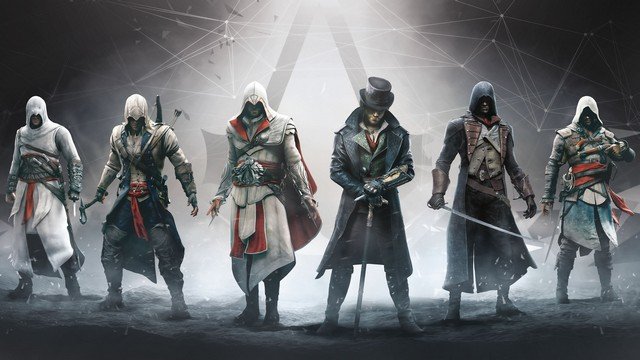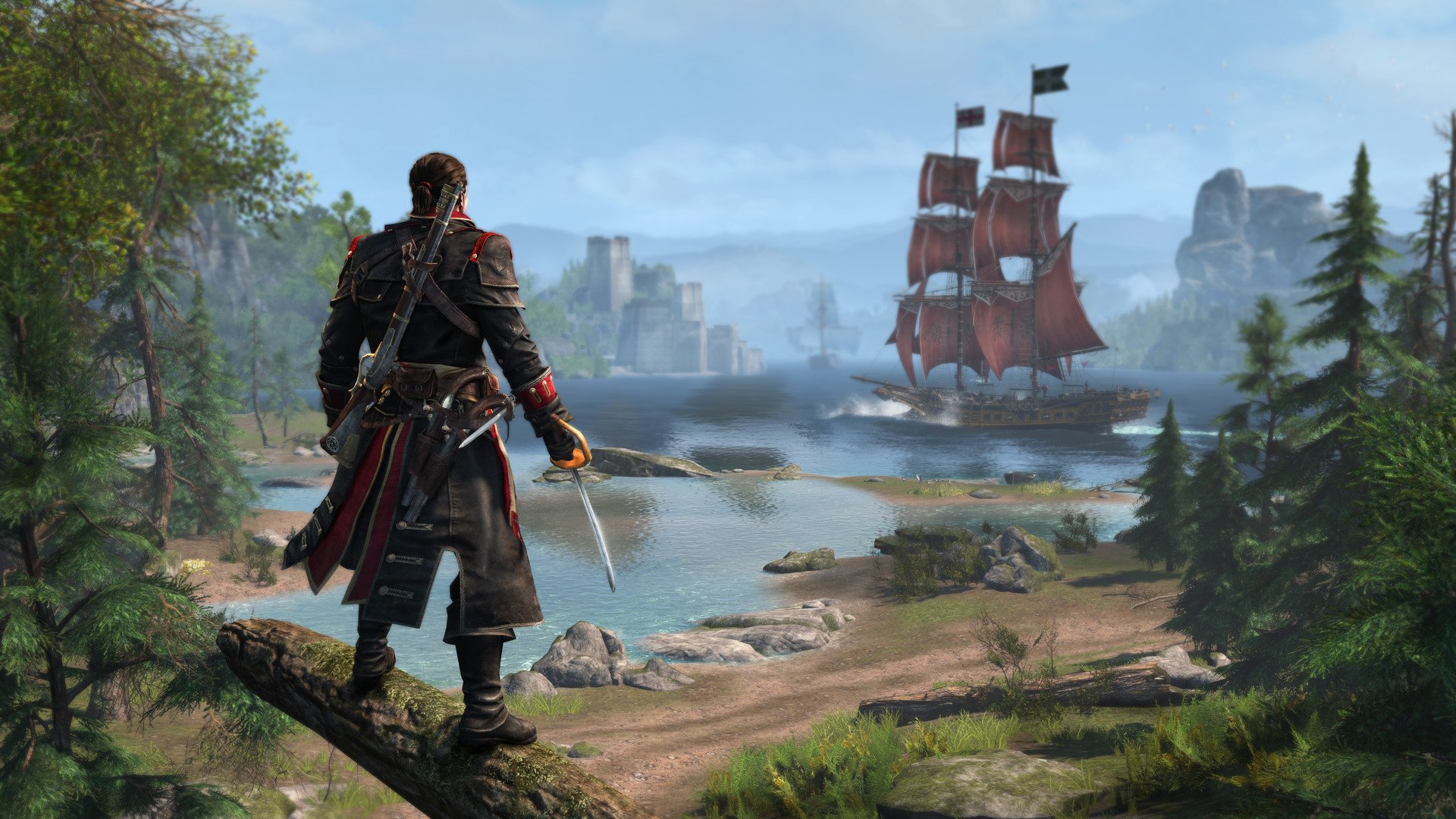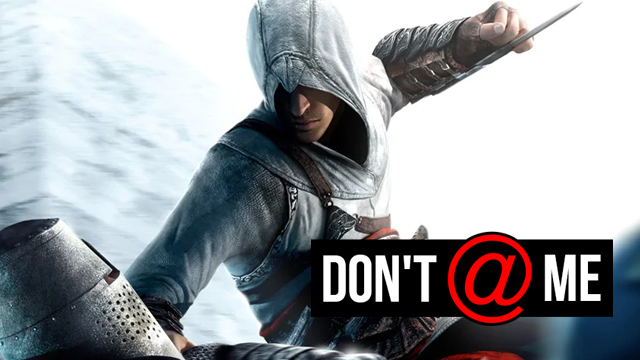I’m at that age now where the release of the first Assassin’s Creed game feels like it happened only yesterday, but also an era ago. Of course, if I need to remind myself of how long it has been, I need only remember that I was talking about it with friends on MySpace. It has definitely been a fair few years, and unfortunately, in all those years there have been many sequels and spin-offs to the Assassin’s Creed franchise, none have quite nailed the feeling of being an assassin like the very first entry.
These days the Creed has led us down the path of being a pirate, a liberator, a street thug, and even a Spartan warrior — and just as it sounds, none of those are actually assassins like Altaïr was. When Ubisoft pitched a game that allows you to immerse yourself into the role of a professional killer, it probably didn’t have something like these recent games in mind. The original game is the only game which totally fulfilled that pitch, and it was a cohesive, brilliant vision which simply doesn’t get the appreciation it sorely deserves in the modern day.
The Creed

The original isn’t lauded in the modern day for good some reasons as it has aged poorly. People often complained about the combat, pacing, visuals, and more, but the things it did right were artfully constructed. Everything you did in the original Assassin’s Creed game, you did because you were an assassin, and those goals were helped you reach your goal: assassinating some corrupt jerk. Now when we play the series, it’s all too easy to get sucked into dull trailing missions, loudly sailing the seas while firing cannons, waging turf wars, or even playing short tower defense-inspired missions. It doesn’t take a trained killer to realize that these aren’t traditionally the acts of a professional murderer.
Returning to the original Assassin’s Creed game is fascinating because every single side quest in the game works towards an assassination. Throughout the game, you work from target to target, and the side missions you undertake all reward you with information on that target. It might be a hint towards their weakness, or when they will be vulnerable. In some situations, informants will even tell you of ways to infiltrate the abode of your target and stealthily take them down. Altaïr was an assassin through and through, with no fluff.
Compare that to the side quests you’ll find in the games today. Many of them are written well and arguably higher quality than those seen in the original, but they’re deviations from the assassin your character is meant to be. You are a trained killer, silent and deadly, invisible in plain sight. Yet you’ll be running errands for historically famous characters, and some completely random people you meet on the street. These instances certainly aren’t a fulfillment of an assassin power fantasy, they’re distractions from it.
Rogue class

Altaïr was a powerful warrior, but if he fits into an RPG class, he would be a rogue, unlike his successors. From Ezio onward, the assassins were equipped with a variety of weaponry including loud firearms, in addition to a counter which made short work of the legions of foes. It became a veritable hack and slash affair, which was nothing like the calculated killer that Altaïr was. Combat may have been something people complained about in the original game, but Altair wasn’t a fighter; he was simply a laser-focused killer.
The original vision for Assassin’s Creed was of a man who knew a city intimately, every alley and rooftop escape was something he was aware of, and this would allow him to escape from or surprise enemies whenever he wished. In early builds, waypoints and a minimap would be unnecessary, for Altaïr — or the player — would have high vantage points to analyze the city from before descending into it unnoticed. These days, the process of climbing these vantage points has been reduced to unlocking map markers, simply giving the player information, and fast travel points and not giving the player the opportunity to teach themselves.
This meant Altaïr was a man who would run from combat, and too often people forget that his now iconic hooded robe helped him effortlessly blend into groups of praying priests, allowing him to disappear into environments and baffle enemies hunting him. Altaïr might be a trained killer, but he did so tactfully, not with all guns blazing like some other so-called assassins.
Returning to the original game is a good reminder of how incredibly strong the vision for this franchise once was. This was a truly unique game, something that felt like an evolution of the stealth formula, but the, admittedly high quality, generic RPG series it has morphed into feels bereft of the original vision. And while the repeated releases did force the series to shake itself up, it did so without respecting what Altaïr had done. The issues people highlight with the original game are fair complaints, but they forced a different style of gameplay, one more befitting of a true assassin, something poser playboys like Ezio wouldn’t know anything about.











